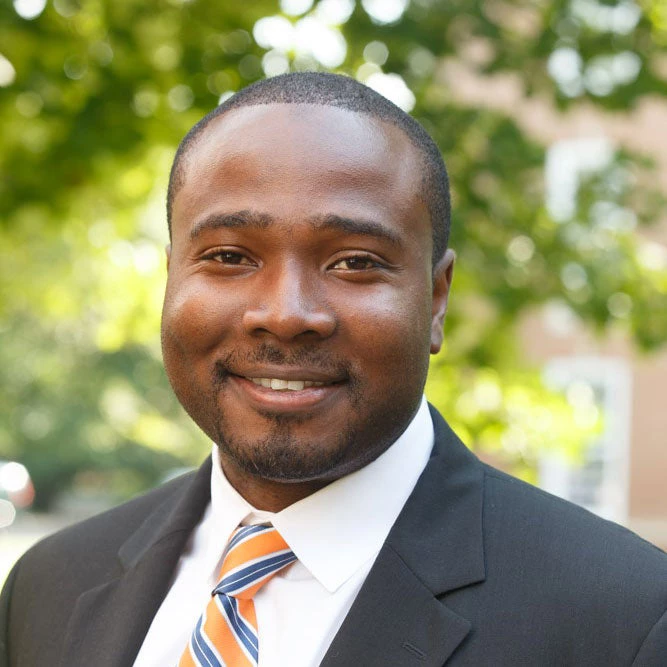
It is no news that the state of higher education in Nigeria is sub-par at best. Estimates suggest that, annually, nearly two million students try to gain admission into the approximately half a million spots available in the nation’s 141 accredited universities. In other words, with a default acceptance rate of about 30%, the average Nigerian university’s acceptance rate is on par with many of America’s best universities. Unfortunately the quality is not.
Of the select few that are admitted into the average Nigerian university, they gain access to sub-standard teaching facilities and dreadful living conditions. This 2010 report, although dated, indicates that universities have a 40% shortfall of faculty. Take Enugu State University, for instance, where students are forced to learn in dilapidated classrooms inside deteriorating buildings.
A disruptive entrepreneur, Gossy Ukanwoke is working to solve this problem. In 2013, Ukanwoke founded Nigeria’s first online higher institution, BAU Online. The university’s mission is based on three pillars: access, quality, and relevance.
This mission is perfectly suited for the kind of innovation in education that Nigeria needs, as the country will be home to about 398 million people in the median age of 21 by 2050. At the current trajectory, there will be many young people in Nigeria without opportunities for productive work. Ukanwoke plans to develop BAU into an affordable university for the average Nigerian with modest means and leverage technology to deliver quality material, developed by some of the best professors in the field. He is also designing programs that will enable students watch and listen to lectures at their convenience so it fits with their demanding lifestyles.
While BAU is too early to be classified as a disruptive business, it is on the road to success. As with any successful new market disruptive innovation, Ukanwoke’s business model targets non-consumption, a circumstance where a majority of people in a society are unable to afford a particular product due to cost, time, or skill constraints. Ukanwoke is improving the state of higher education by focusing on the vast majority of people that do not have access for lack of skill, money, or time. Other indicators of success include:
Integrating across unreliable interfaces
Another reason BAU is likely to succeed is because it is focusing intently on the interfaces in a system that are unreliable, and outsourcing those that are already good enough. For instance, he says one of the most unreliable things about attending university in Nigeria is that students don’t know if they will get a job. In fact, today, more students don’t get hired than hired after they complete their higher education studies. He is focusing heavily across that interface and ensuring that students are employed after attending BAU.
Enabling technology
Ukanwoke is currently working on developing technology that will allow people to receive instruction and learn on their phones, smart or otherwise. He is going beyond the conventional streaming technology, and is focusing on how to meet people in their current circumstance.
Emergent Strategy
Because he is targeting non-consumption, he needs to employ an emergent strategy. In other words, he needs to evolve his business model as he learns more about the market. Entrepreneurs employ a deliberate strategy when they know exactly what market they are going after and how that market hopes to be served. So far, Ukanwoke has changed many of his assumptions, and has been flexible because he understands that going after this new market will require a paradigm shift in his way of thinking.
Results and Impact So Far
In the 2013 – 2014 fiscal year, BAU grossed more than 30 million naira (with Nigeria’s exchange rate at the time, that converts to almost $200,000). The following year the school saw a 10% increase in revenues and grossed approximately 33.5 million naira. In terms of impact, the numbers are equally notable. To date, the program has graduated 8,750 executive education students and it currently has 3,010 students enrolled. It recorded a 77% increase in enrollment from 2013 to 2014 school year. The school also boasts a 70% completion rate and has plans to increase that number to 85% over the next few months through some platform and process innovations.
Building a disruptive business is very difficult. Building a disruptive business in Nigeria is even more so. My research suggests that it is disruptive innovation that can catapult us into prosperity in Nigeria, and ultimately Africa. I believe Ukanwoke is one of the entrepreneurs we will be speaking about five to 10 years from today.


Join the Conversation